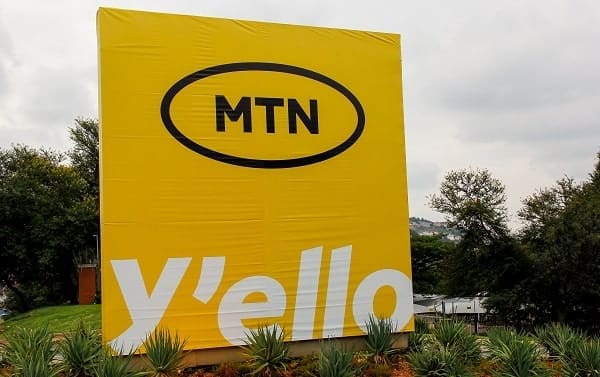In an effort to mitigate the impact of load shedding and bolster network resilience, MTN South Africa has spearheaded a comprehensive modernisation project across a number of provinces. This initiative aligns with the company’s commitment to providing innovative solutions that alleviate the challenges posed by load shedding while fostering increased access to the advantages of a connected world.
As part of a broader modernisation strategy and significant investments to fortify network resilience against the disruptions caused by load shedding and criminal activities targeting power stations, MTN has achieved noteworthy milestones in multiple provinces.
In KwaZulu-Natal, MTN has already modernised 245 sites, with plans to reach a total of 317 by the close of 2023, accompanied by the rollout of 28 new sites. In the Western Cape, 230 additional sites have been deployed in 2023, totalling 429, and sites with enhanced resilience are achieving an impressive 99.4% network availability. Furthermore, the introduction of 59 new 5G sites in Gauteng brings the total to an impressive 965 across the region.
“Our purpose is to enable the benefits of a modern connected life for everyone, and we continue to brighten lives through the power of connectivity,” says MTN SA CEO, Charles Molapisi.
In Gauteng, network sites with resilience are currently achieving a daily network availability of between 95% and 98%, signalling the acceleration of MTN’s modernisation drive. Current resilience stands at an impressive 99.91% completion rate, with the expectation to achieve 100% network resilience rollout in Gauteng. The Western Cape is on track to reach an overall network resilience completion rate of 97% by the end of the year, while network sites with resilience in KZN are achieving up to 98% network availability daily.
With a significant portion of Africa’s population residing in rural areas, MTN is dedicated to expanding its network to underserved communities, aiming for 95% rural broadband coverage by 2025.
For instance, in KZN, MTN is rolling out 14 rural sites this year, including successful completed sites in rural Greytown, Tugela Ferry, and Quachas Nek Border Post into Lesotho.
“We are making immense strides in closing connectivity gaps across major provinces. This progress ensures that the opportunities of the digital world are harnessed for the benefit of individuals, companies, and society. We plan to accelerate our digital programs across all provinces in 2024,” says Molapisi.
MTN is employing cutting-edge technologies to address coverage challenges. The OpenRAN tech enables the development and installation of 2G to 5G networks in previously unconnected areas, widening the ecosystem, lowering costs, and accelerating innovation.
MTN’s progress was affirmed through South Africa’s largest-ever network quality testing project conducted by MyBroadband Insights in partnership with Analytico, Afristay, and Keysight distributor Coral-i. Exceeding industry regulations set by ICASA, MTN demonstrated an Average Call Setup Success Ratio of 98.20% and a Dropped Call Ratio of only 2.37%.
MTN’s resilience against load shedding challenges, supported by substantial investments in batteries and backup generators, further strengthens its network quality and reliability. However, MTN emphasises the importance of community involvement in mitigating the effects of site vandalism.
“The battle against these criminals is far from over despite recent successes; vigilance must remain the watchword. Together with our broad network resilience and modernisation programs, MTN continues to overcome current challenges, ensuring more South Africans can harness the power of the digital world,” concludes Molapisi.
